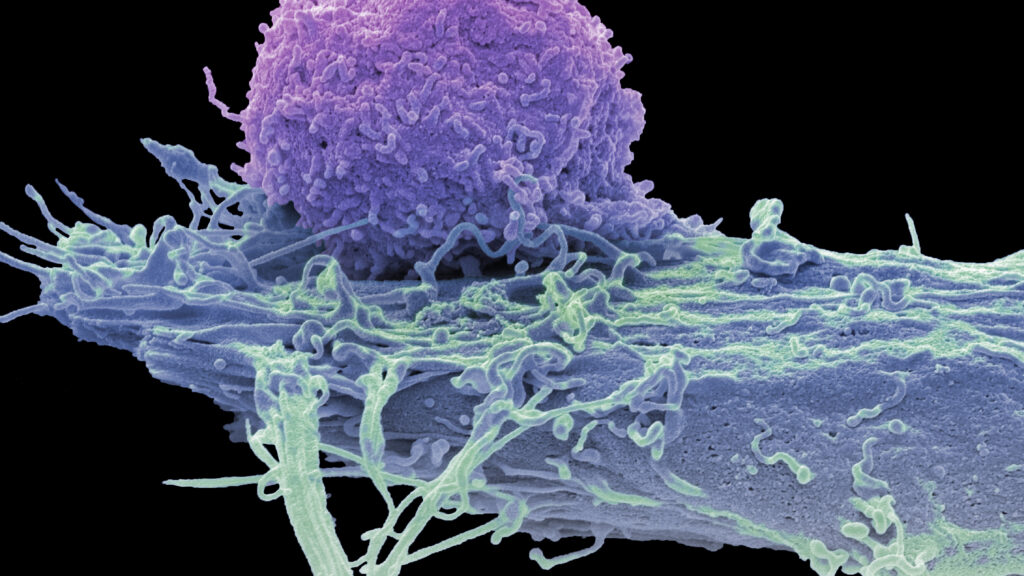Experimental CAR-T therapies developed by Cabaletta Bio and Bristol Myers Squibb have shown potential in inducing complete remissions in patients suffering from severe inflammatory muscle diseases. Results from dual clinical trials, presented this week, indicate that these innovative treatments may not only improve patient outcomes but could also provide a curative approach to serious autoimmune disorders.
Preliminary data from these trials suggest that personalized cell therapies, which have already found success in treating certain blood cancers, could play a critical role in managing autoimmune conditions. According to Steven Nichtberger, CEO of Cabaletta Bio, the implications of these findings are profound. “These are patients who take three to five medicines every day, every week, every month, at great cost both healthwise and financially,” he stated. With a one-time CAR-T treatment, Nichtberger emphasized, “We’re showing we can eliminate all of those drugs, giving them the opportunity to no longer be patients. We are freeing them from their disease.”
The concept of CAR-T therapy, which involves modifying a patient’s own T cells to attack disease, is gaining traction beyond its initial applications in oncology. The trials are exploring how this technology can be adapted to address the complexities of autoimmune disorders, where the immune system mistakenly attacks the body’s own tissues.
This innovative approach could significantly reduce the burden of chronic medication regimens that many patients currently endure. The dual trials, while in early stages, are critical in establishing the safety and efficacy of these therapies for broader use.
As the results are further analyzed and peer-reviewed, the medical community remains cautiously optimistic. The potential for CAR-T therapies to revolutionize treatment strategies for autoimmune diseases could reshape the landscape of care for affected individuals, shifting the focus from long-term management to possible cures.
As these developments unfold, the healthcare industry will be watching closely. The ongoing research highlights the importance of continued investment in personalized medicine and the need for adaptive trial designs that can keep pace with rapid advancements in technology.
Moreover, the financial implications for patients and healthcare systems are significant. By reducing the reliance on multiple medications, CAR-T therapies could alleviate not only the financial burden on patients but also the strain on healthcare resources.
The excitement surrounding these trials underscores a larger movement towards innovative therapies that challenge traditional treatment paradigms. With ongoing investigations and advancements, the future of CAR-T therapy in the realm of autoimmune disorders appears promising, offering hope to many who suffer from debilitating conditions.
